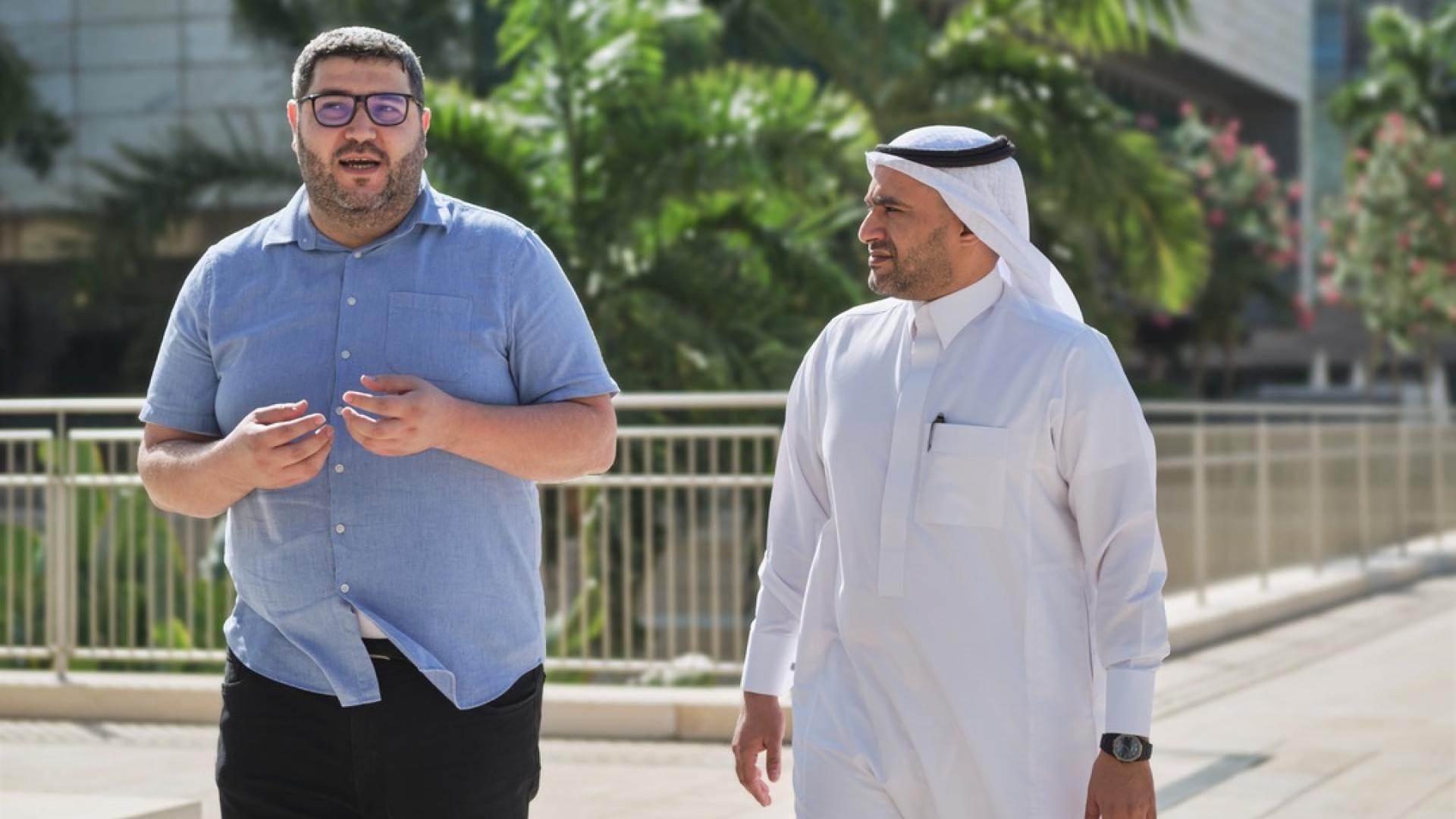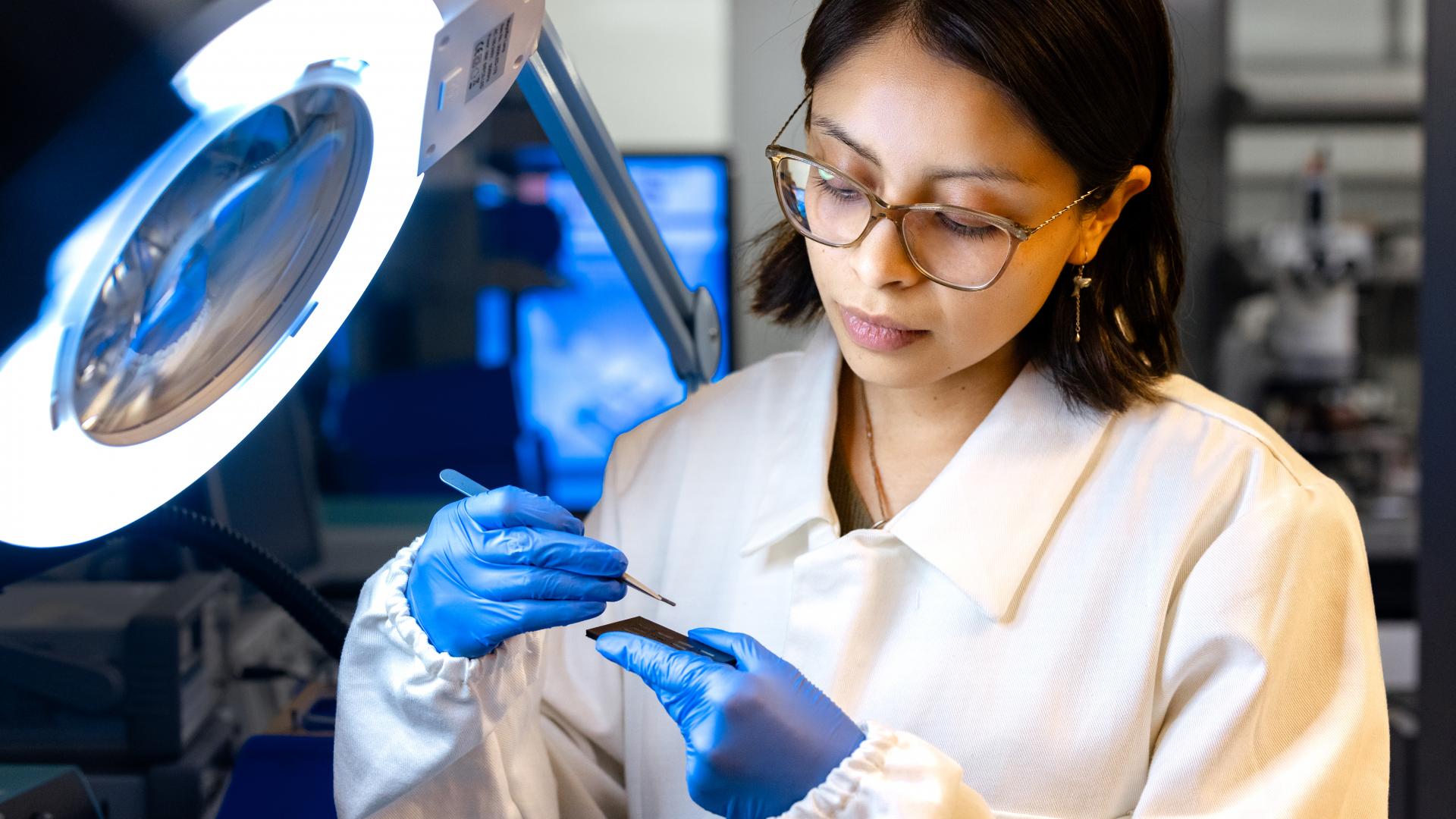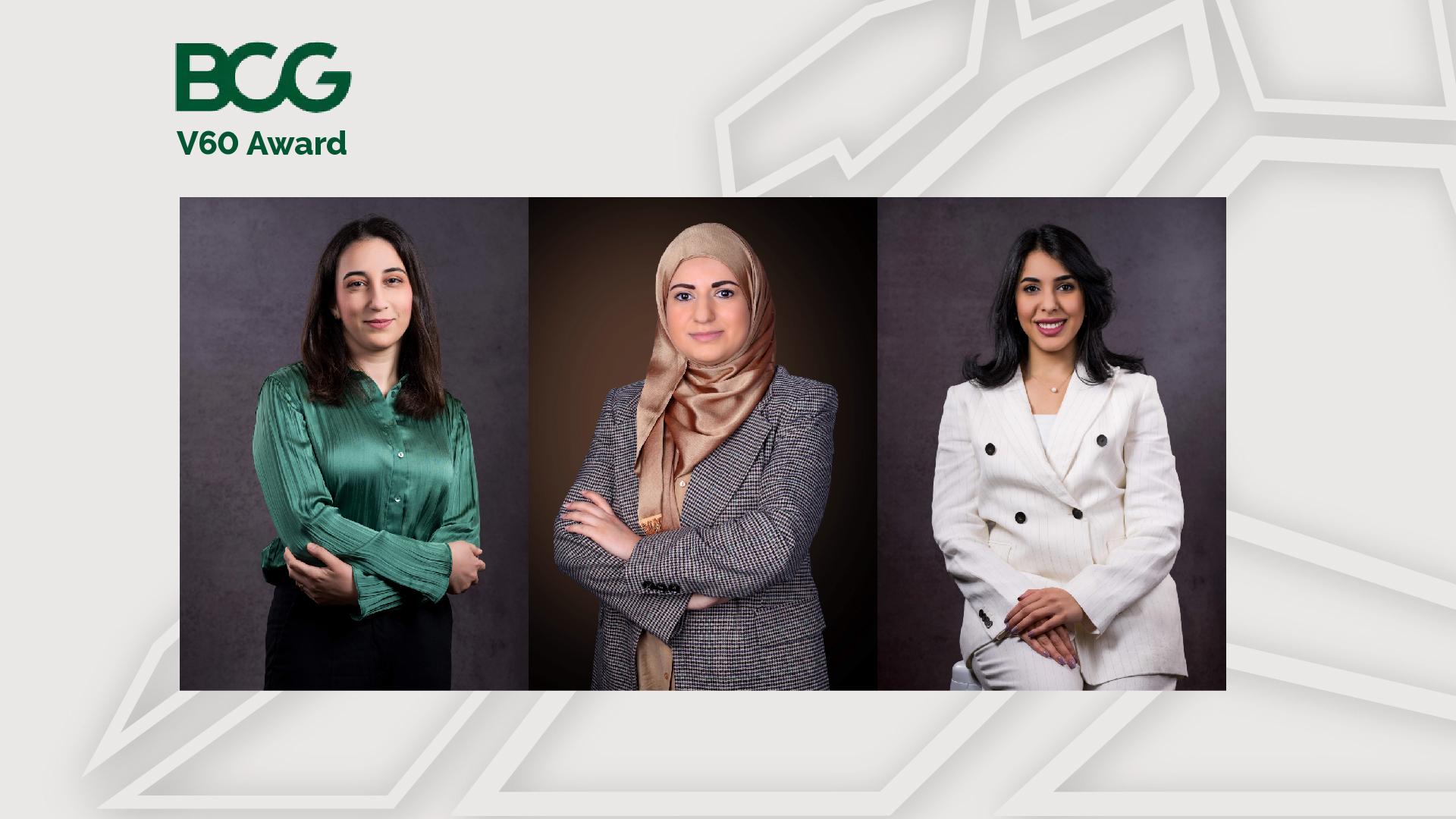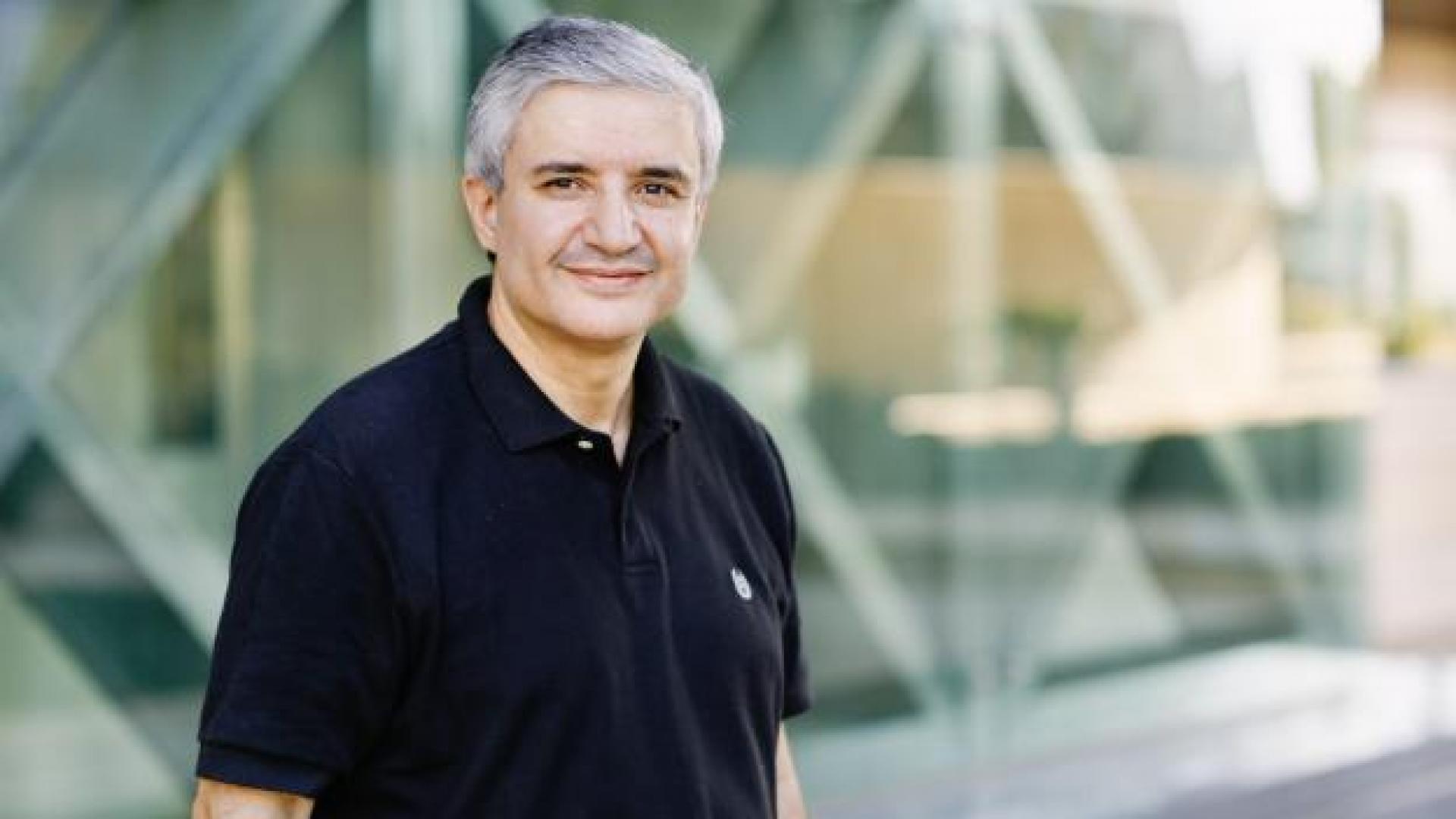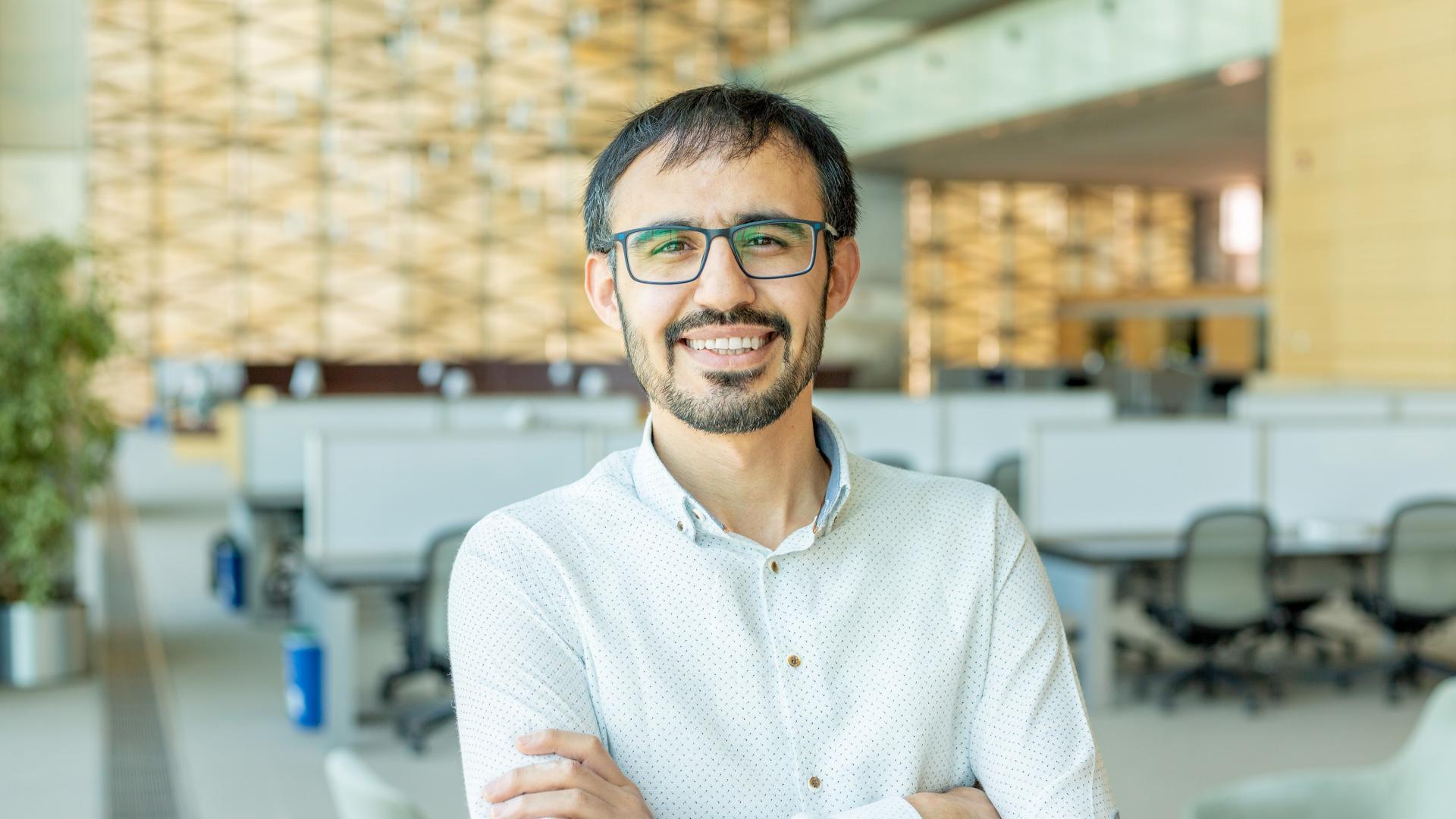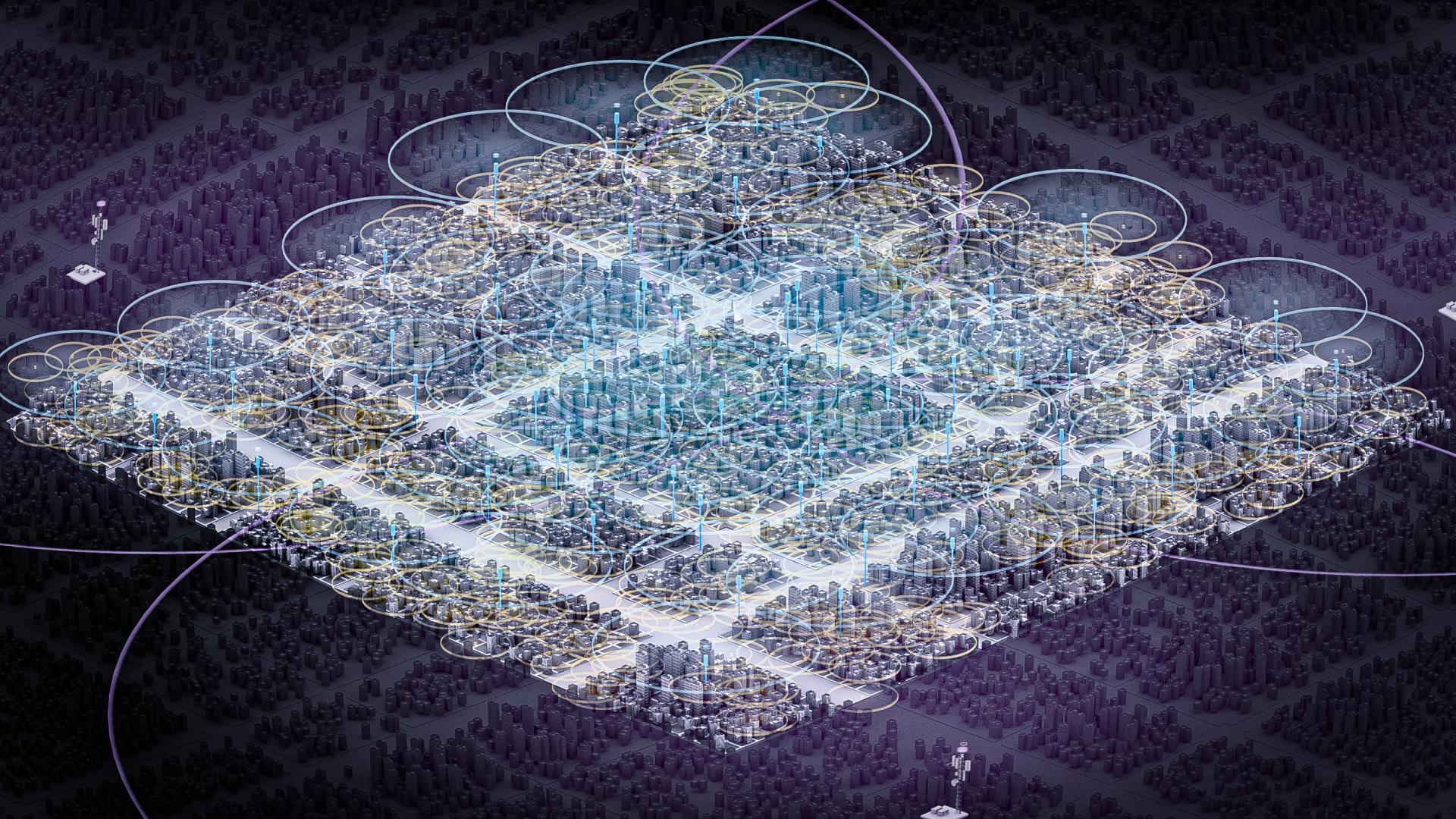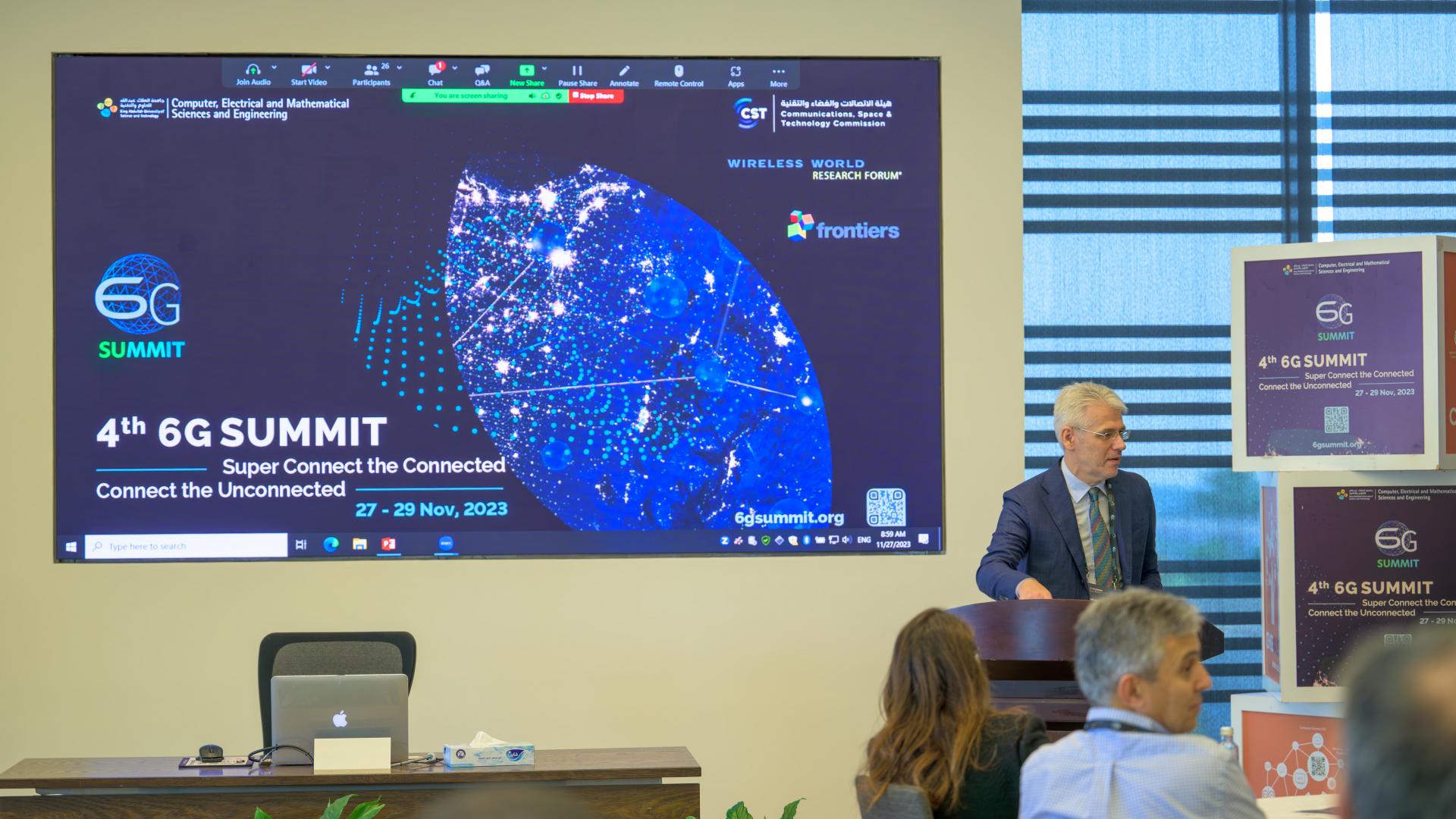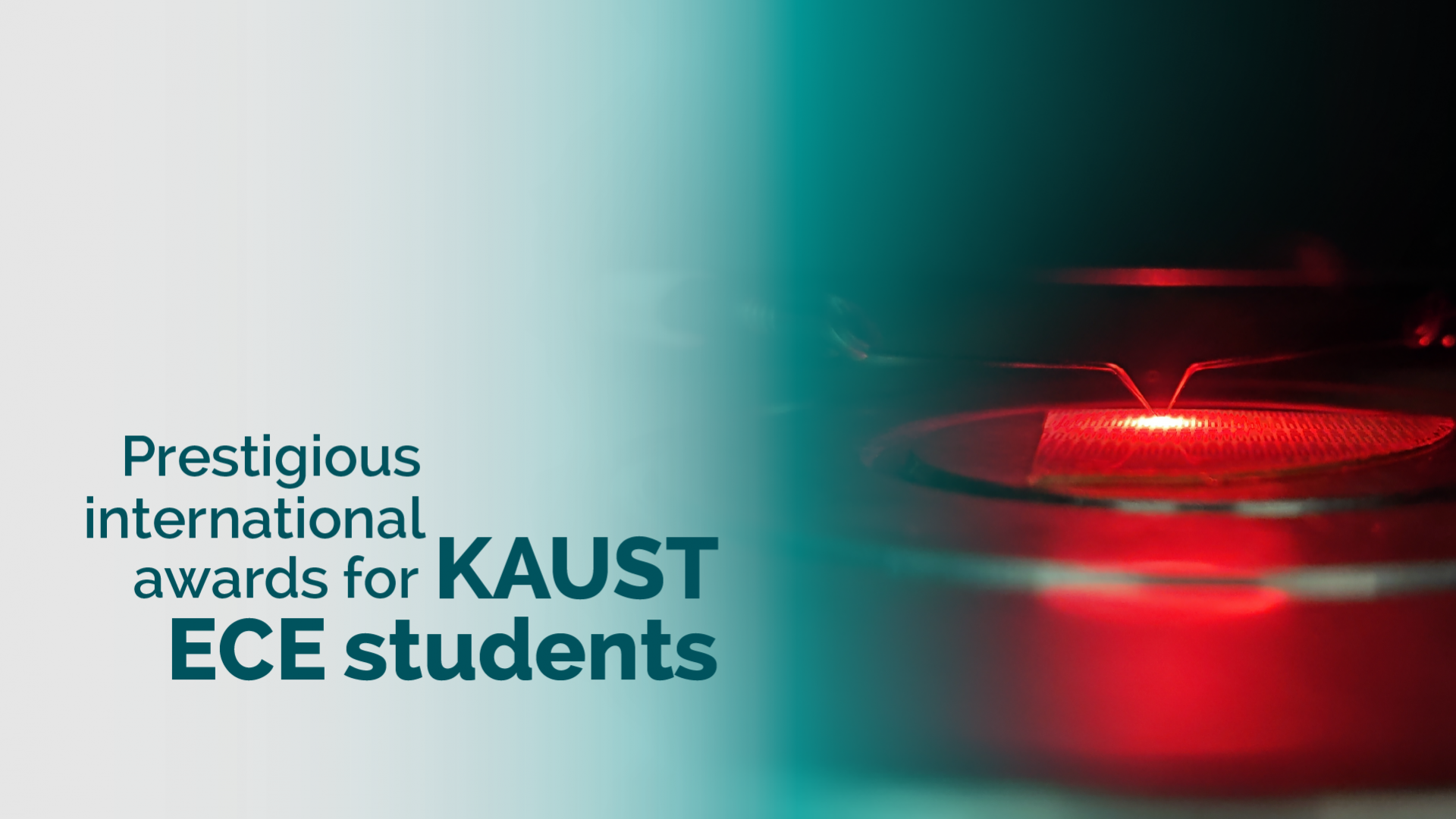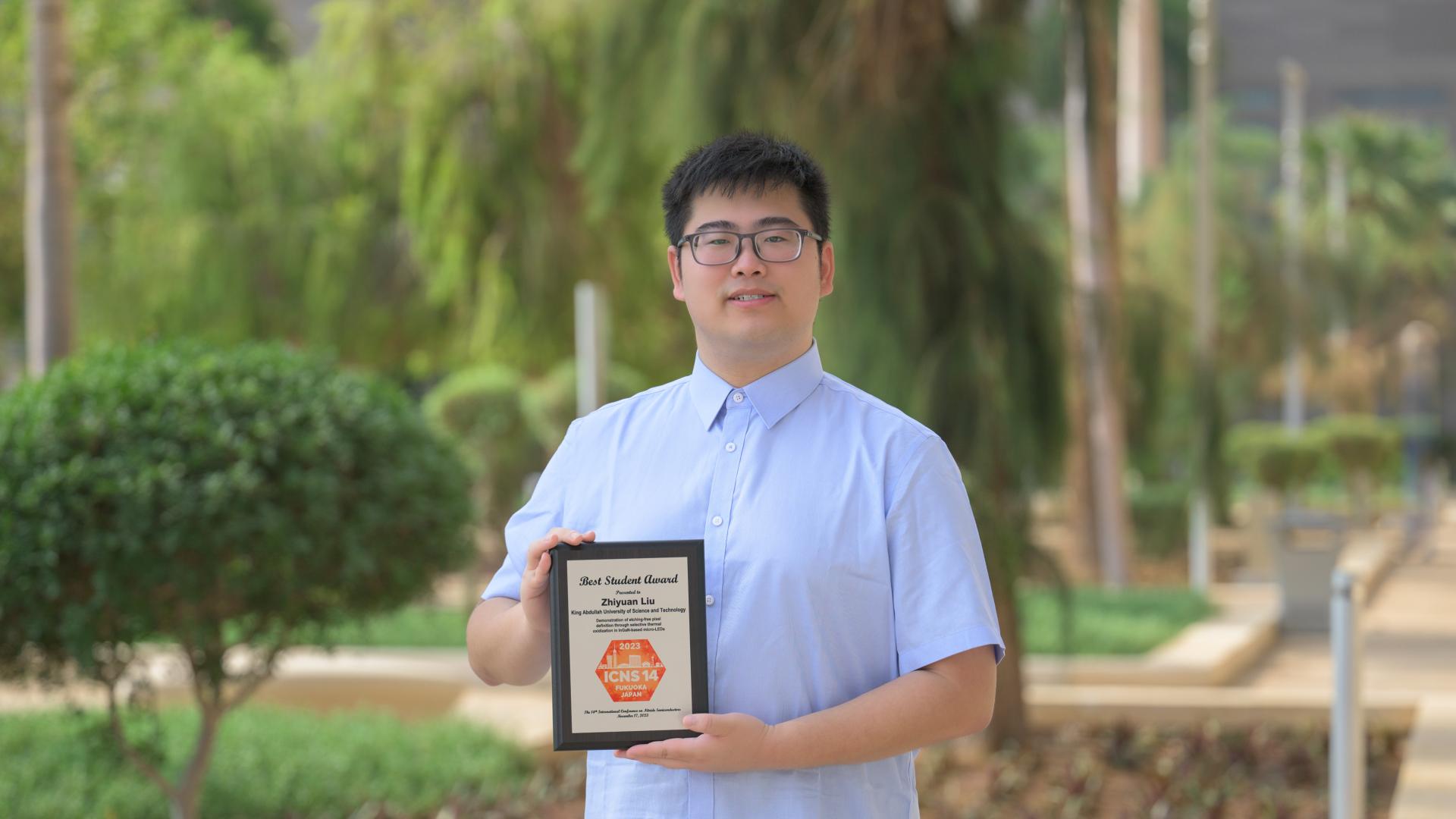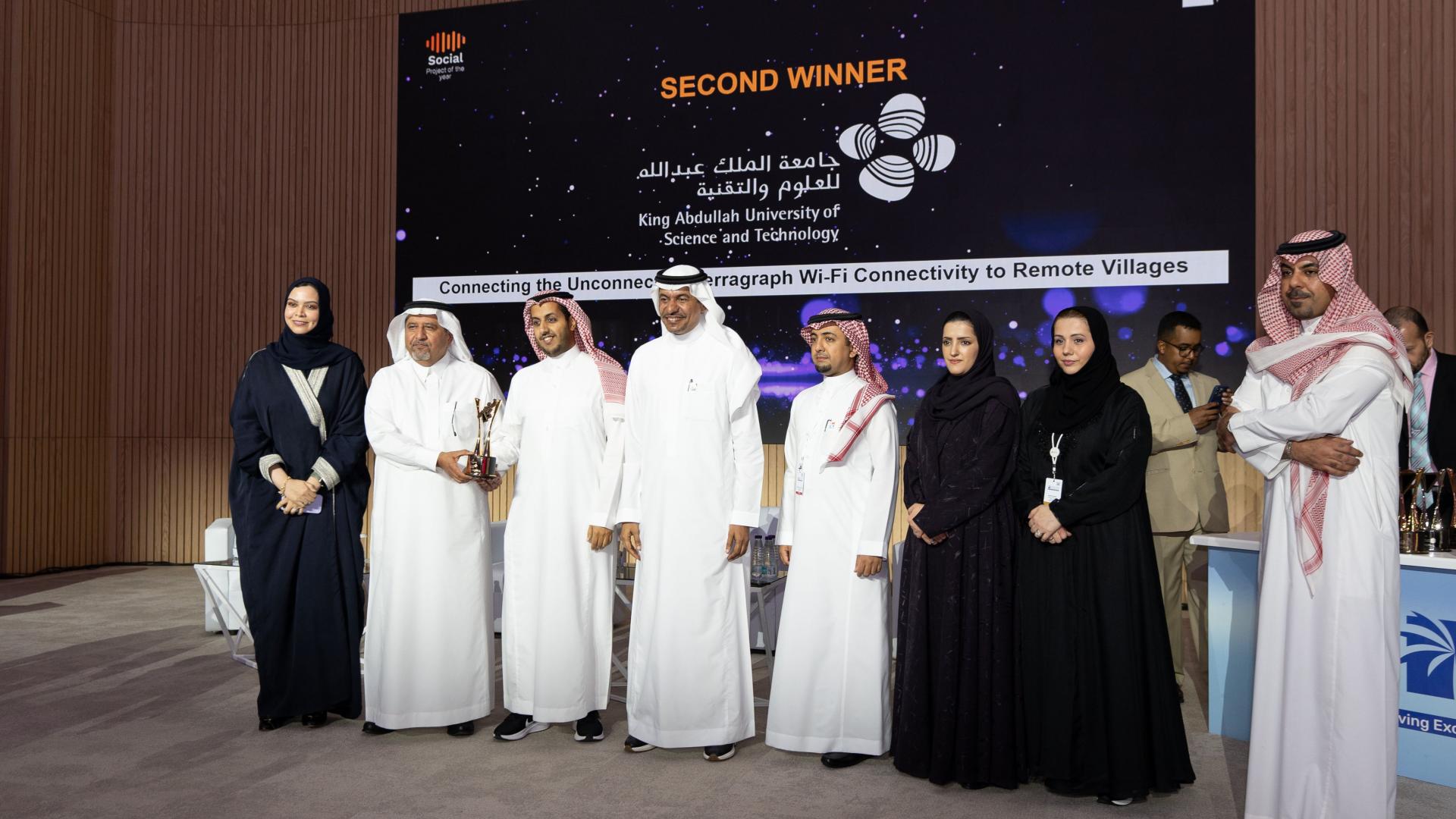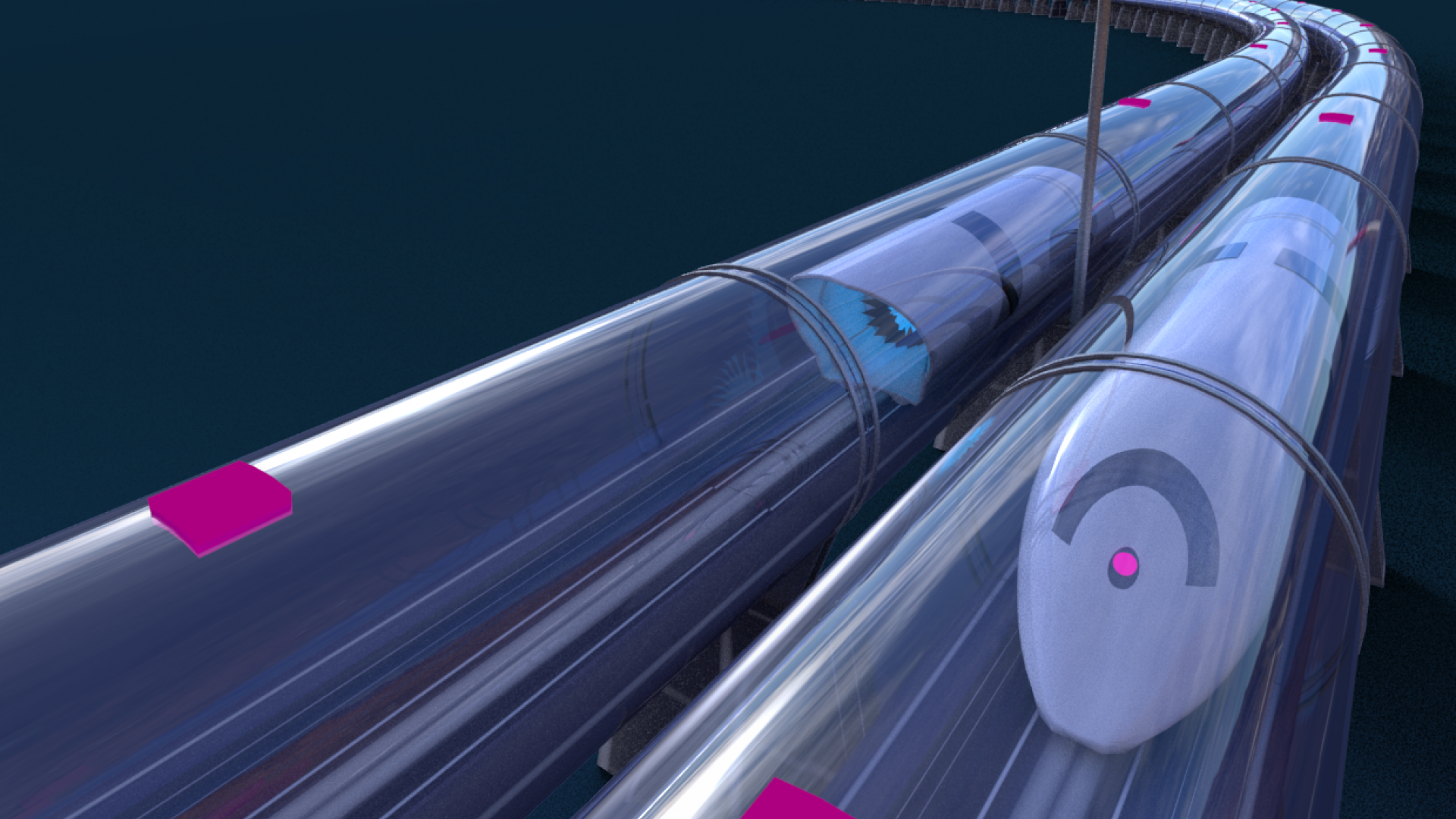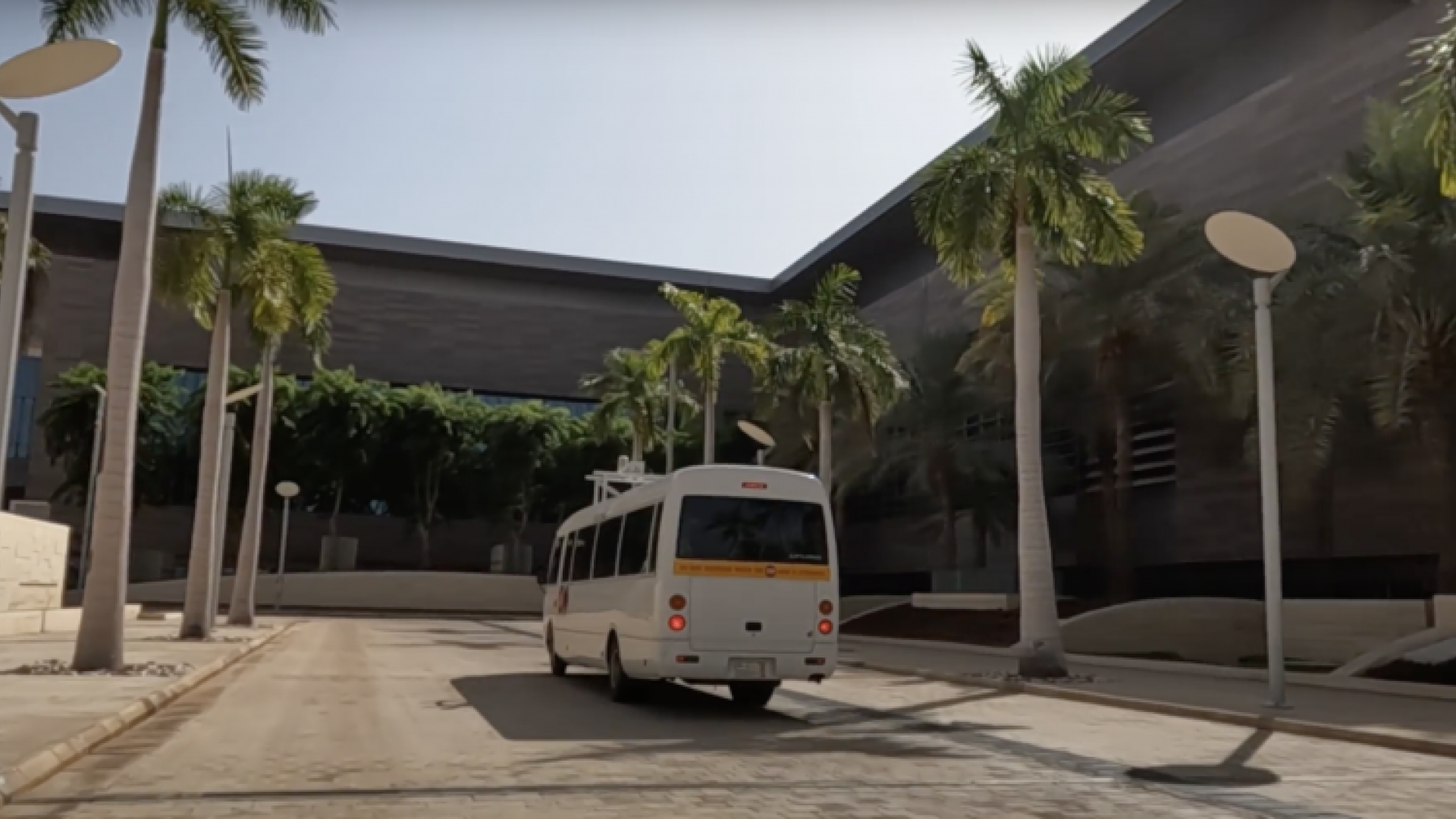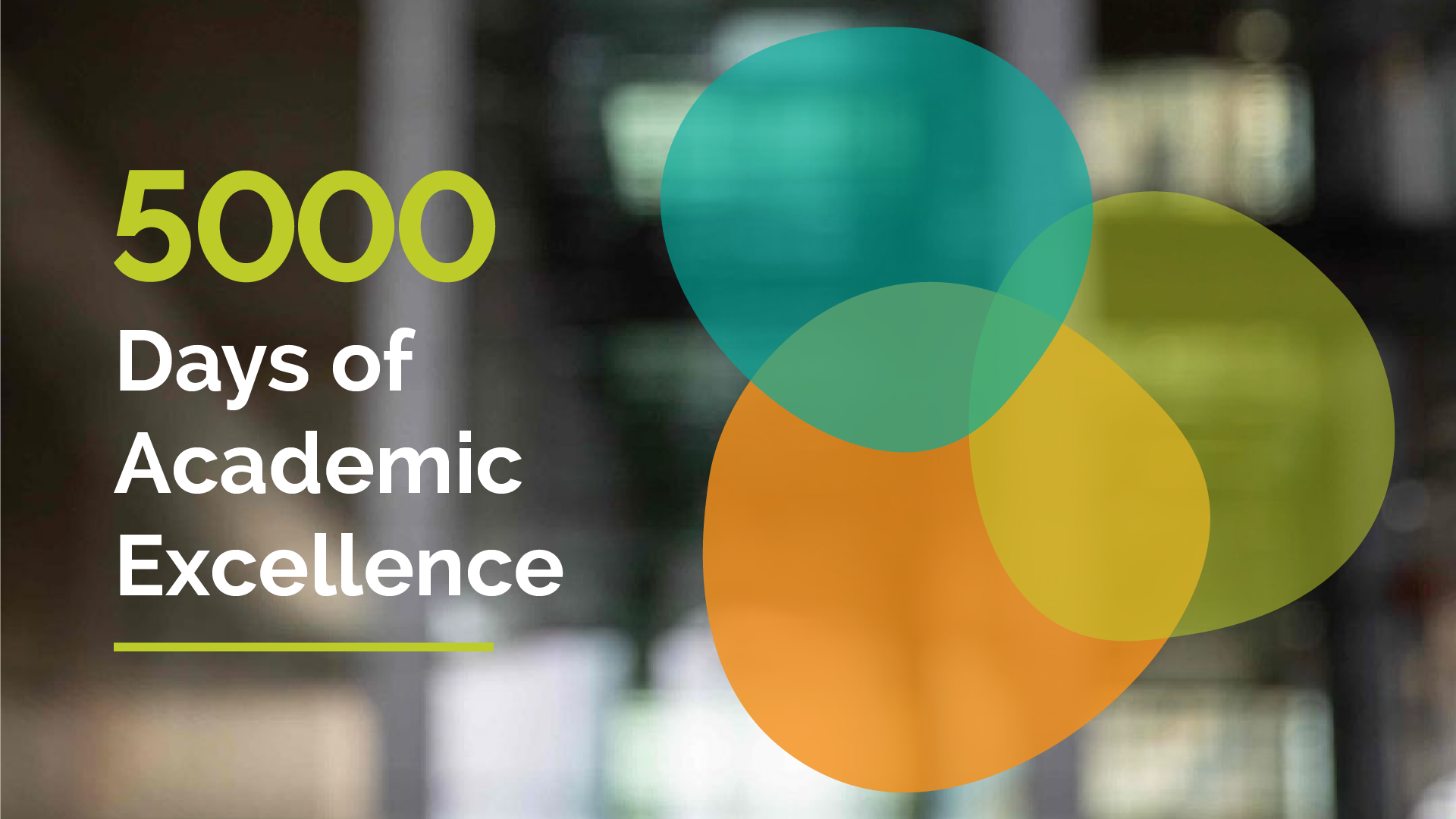A new exascale climate emulator marks a significant advancement as the first to generate, display, and evaluate hourly emulations. This achievement has led an interdisciplinary research team from KAUST to be named a finalist for the prestigious Gordon Bell Prize in Climate Modelling.
Smartphones may seem ubiquitous, but many people across the world — especially those living in remote, low-income regions – still lack access to a mobile telecommunications network.
Artificial skin coupled with sensors and machine learning technology allows people with voice disorders to communicate using soundless mouth movements.
KAUST shines at the 2024 BCG V60 Awards, with 11 women earning recognition for their groundbreaking work in climate and sustainability across various fields.
A major academic achievement led to a significant shift in the focus of Professor Mohamed-Slim Alouini’s research.
A simple yet elegant solution could improve data rates for multiple communications networks that share a common frequency band.
Exploring the potential of 6G technology, the 4th KAUST 6G Summit brought together experts to discuss super-connectivity, closing the digital divide, and driving digital inclusion in Saudi Arabia and beyond.
KAUST ECE students shine bright, winning prestigious international awards.
Zhiyuan Liu, a Ph.D. candidate at KAUST, received the Best Student Award at the ICNS-14 conference for his work on fabricating high-performance micro-LEDs using a novel etching-free method called selective thermal oxidation.
KAUST is proud to announce that the Terragraph Connectivity Project coordinated by the KAUST Communication Theory Lab run by Prof.
Solid-state radiofrequency reflectors will enable seamless wireless connectivity in the
Hyperloop evacuated-tube transport svstem.
Transforming urban air quality with innovative technology and sustainable solutions.
KAUST: Pushing the Frontiers of Science and Technology
A residual-based approach that detects and corrects voltage and frequency anomalies could protect power grids against covert cyberattacks.

